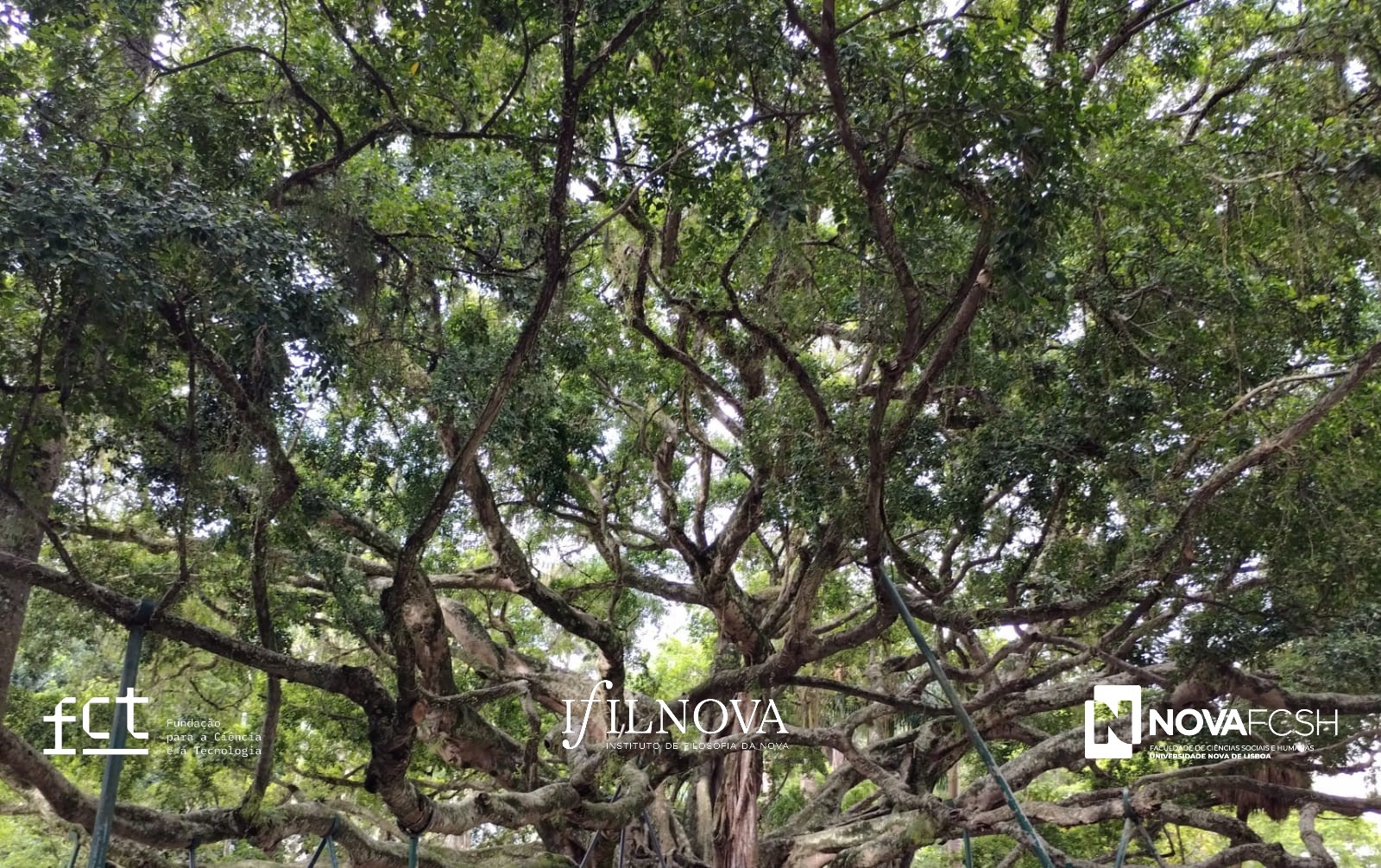Context
Over the past few decades, the idea of philosophy as a way of life (PWL) has given rise to several lively philosophical debates. Pierre Hadot forged the expression to emphasise the performative potential of philosophy and the role it can ideally play in transforming – rather than merely theorising about – life. In his most influential works, Hadot argues that in antiquity philosophy was not simply a set of theories or doctrines, but a practice, an art of living, a way of life that aimed at spiritual progress and transformation towards the good or flourishing life. Even though this conception and practice of philosophy was particularly typical of antiquity, Hadot, along with Foucault, stresses its reappearance in several modern and contemporary authors and describes it as his own ideal model of philosophical practice. Inspired by the work of Hadot and Foucault, recent scholarship has stressed the current metaphilosophical relevance of PWL and argued for the need of recasting this model in the face of the academic, social, political and cultural challenges of our times.
Two assumptions
These claims are grounded on two core assumptions that this project aims to explore and put to the test.
- The first one is that PWL is a relevant hermeneutic approach to the history of philosophy that – by bringing the practical, self-transforming and life-changing potential of philosophy to the fore and by emphasizing the specific worldviews, attitudes, ways of living and exercises of self-transformation contained in each philosophy – allows for an alternative history of philosophy that simultaneously sheds new light on the philosophical theories and doctrines and complements more traditional accounts.
- The second one is that PWL is an innovative methodological approach to the study, teaching and dissemination of philosophy that incorporates important pedagogic, didactic and psychagogic insights. In this context, it has been argued that transformation of teaching practices according to this model facilitates a better attainment of learning goals, as well as the transformation of individual habits and patterns of behaviour, promoting more flourishing, critical and responsible lifestyles.
The project
This project aims to explore the potential of PWL on these two fronts as a condition for further work on the topic and new applications of PWL. The project is divided into three parts, each of which corresponds to an open question in the current debate on the topic.
- The first and preliminary phase will be devoted to the conceptual and metaphilosophical analysis of PWL, aiming to determine its distinguishing marks and main differences from other conceptions of philosophy.
- The second and longer phase will apply the framework defined in the previous phase and apply it to key moments and authors of the history of philosophy, underscoring and contrasting particular arts of living and practices of self-transformation from antiquity to contemporary thought. Our aim in this main phase of the project is to draw a cartography of different arts of living across the history of Western thought, in order to appraise the hermeneutic value of PWL and pave the way for a comprehensive reading of the history of philosophy through the lens of PWL, as suggested by Hadot and Foucault, and several scholars working in their wake.
- The third and last phase will adapt the materials obtained in the previous phase to the wider non-specialized audience and develop a PWL lecture course and five outreach events, in order to experiment the obtained results and evaluate the impact of a PWL approach in teaching and outreach of philosophy.
Outputs
The main output of the project will be the mentioned cartography of different arts of living or ways of life across the history of Western philosophy, which will be published as a Handbook on the Art of Living in a top academic publishing house. Besides that, we will organize a virtual seminar and two international scientific events. The project and its outcomes are conceived as a propaedeutic work to further developments and applications of PWL, not only in the field of philosophy but also in other areas to which philosophy conceived as an art of living might be useful and complementary, such as pedagogy, psychology, and consulting, as well as literature and comparative studies in western-eastern philosophical and/or spiritual traditions.
Team and funding
The project is funded by the FCT (Portuguese Foundation for Science and Technology) and will have a duration of 18 months. It will be carried out by a team of experts in ancient, modern and contemporary philosophy, all of whom have experience with the theme of philosophy as a way of life, including members of the research line on the art of living of the research group Forms of Life and Practices of Philosophy (IFILNOVA) and some of the main interlocutors in the current debate on the topic, in partnership with five consultants and several international networks and institutions currently working on topics related to this project.
